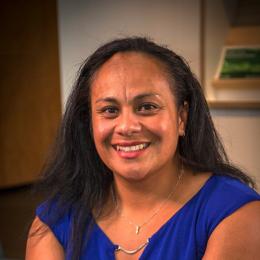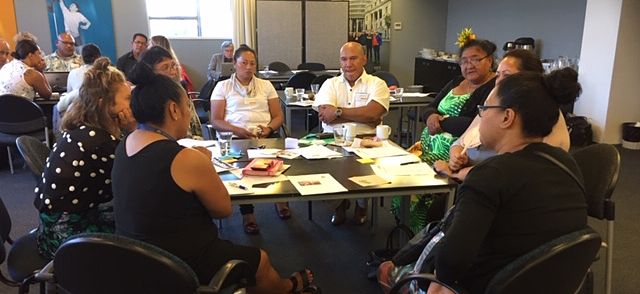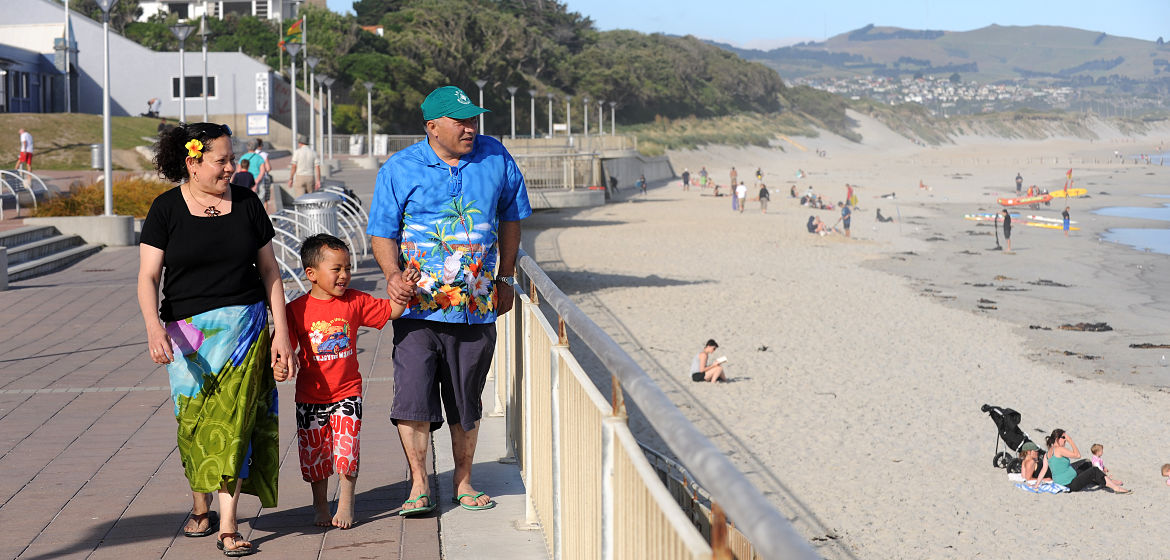Research with Pacific communities and families to prevent Type 2 diabetes
13 December 2020
Research to address Type 2 diabetes in Pacific communities has been awarded nearly $550,000 by the Healthier Lives – He Oranga Hauora National Science Challenge.
Led by Dr Ridvan (Riz) Firestone, Massey University, the research team will include community researchers and work with Pacific communities to co-design a unique family-centred diabetes prevention programme.

Dr Firestone says that access to resources continues to be unequal for Pacific families with members who have long-term conditions.
“Current service provision lacks cultural responsiveness to make it acceptable to diverse Pacific groups living in both urban and rural areas. Pacific families make up the nucleus of their communities, and often determine how communities operate collectively,” says Dr Firestone.
“This research project recognises how Pacific families work together and how they can mobilise towards supporting a family member with diabetes,” she says.
Talanoa about culturally-centred health interventions for Pacific peoples
Earlier this year Healthier Lives held a fono (meeting) to bring together Pacific voices from across New Zealand for a talanoa (conversation) about Pacific health research and specifically to find the best ideas about how to tackle non-communicable diseases (NCDs) such as diabetes.

The focus of the fono was on research to reduce the inequitable impact of NCDs – Healthier Lives’ core mission. The fono offered guidance for Pacific-led research within Healthier Lives’ Theme 2: culturally-centred health interventions for Māori and Pacific peoples, which is focussed at a community or aiga (family) level.
“We got together with other Pacific health researchers and communities at the fono, exchanged ideas and found gaps and opportunities in Pacific health research,” says Akarere Henry, Chief Executive of South Waikato Pacific Islands Community Services Trust (SWPICS) based in Tokoroa.
Holistic approach to support family members with diabetes
The new research project involves a prevention programme that takes a holistic approach to supporting family members who either have or are at high risk of developing Type 2 diabetes.
“My Mum had it, my Dad had it – I don’t want my grandchildren to have it,” says Akarere Henry.
A major outcome of the research will be an approach that can be replicated in other communities and ethnic groups.
“This research builds on an established Pacific community-research partnership with the Fono and SWPICS which will greatly help when it comes to implementing the research,” says Dr Firestone.
- Dr Firestone is a Healthier Lives Principal Investigator of the Pasifika Prediabetes Youth Empowerment Programme.
- Details of February 2020 fono and report


